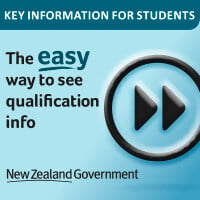Price
Domestic learners
$2,676* per 30 point course
International learners
$11,325* per 30 point course
*Fees outlined are based on the 2026 fee schedule and are subject to revision each year. Prices include GST where applicable. Non-tuition fees, such as the Student Services Levy (SSL), will also apply.
Qualification
MHealSc (Nursing)
240 points
Duration
2 years full-time
Entry times
February 2027*
2028
*Places are limited, and applicants may be waitlisted.
Overview
2027 applications now open for domestic and international learners based in the South Island. Please note: places are limited, and applicants may be waitlisted. Apply now to get started!
Become a nurse in two years through our pre-registration master’s degree. Use and enhance your critical thinking skills, develop your clinical knowledge, and grow your career to become a registered nurse. Learn from an experienced, highly skilled nursing team and passionate researchers who are leaders in their field.
Nurses are in demand across Aotearoa New Zealand, and nursing offers excellent career progression opportunities, as well as options to travel and earn around the world.
The Master of Health Sciences (Nursing) is underpinned by UC’s values of manaakitanga (extending care and empowering others), whanaungatanga (valuing people and working as a team), and tiakitanga (enhancing and nurturing our resources). These philosophies help produce nursing graduates who are socially conscious, critical thinkers who contribute to the advancement of nursing knowledge, policy, and health outcomes.
On successful completion, graduates will be awarded a Master of Health Sciences (Nursing) and be eligible to apply to the Te Kaunihera Tapuhi o Aotearoa | Nursing Council of New Zealand to sit the State Final Examination to become a registered nurse.
Learn online from anywhere in Te Waipounamu | South Island, combined with up to two-weeks onsite in Ōtautahi Christchurch per semester.
Requirements
To ensure that our learners have the necessary background and experience to succeed, admission to the MHealthSc (Nursing) is based on your previous studies in a relevant bachelor’s degree, or a qualification and practical experience considered to be equivalent.
To enrol in the MHealSc (Nursing), you must have completed one of the following:
- A bachelor's degree in a health-related discipline, or equivalent,
- An appropriate health professional qualification, or
- The Postgraduate Diploma in Health Sciences (or equivalent) with at least a B Grade Point Average.
Your eligibility will be considered upon enrolment, with successful applicants approved as students by the Amo Matua Te Kaupeka Oranga | Executive Dean of Health or delegate.
Unsure about your suitability?
As part of our application process, your eligibility will be assessed by our nursing academic team to make sure that your academic and/or professional background meets the entry criteria. Potential students can come from a variety of undergraduate backgrounds, such as health sciences, biology or psychology. Unfortunately our Tuihono UC | UC Online team cannot confirm your eligibility before your application is submitted, beyond referring you to the requirements above. We are happy to help answer any general questions you have about the programme or online learning, however. You can get in touch with us here.
Other requirements
The Master of Health Science (Nursing) endorsement requires students to undertake placements in the community, including in schools/kura, early childhood centres, or health/medical facilities. For this qualification you will be required to meet police vetting and other health requirements stipulated in the Children's Act 2014, and health/immunisation requirements of clinical agencies and the HPCA Act 2003. This includes:
- Evidence of Immune Status* - required prior to commencement of the program. Cost of a GP/health professional fee, and cost (if any) for serology tests. (Student to arrange.)
- *Please see our Nursing vaccination & immunity requirements for full requirements.
- *Please see our Nursing vaccination & immunity requirements for full requirements.
- First Aid training - required prior to commencing the first clinical placement. Provide an up to date first aid certificate for a course that covers NZQA unit standards 6401 and 6402 and is a minimum of 8 hours in length. For example, Red Cross Essential First Aid or St John First Aid Level 1 (Student to arrange and cover cost.)
- Nursing equipment kit and Student uniform– required prior to commencement of the program. We will send you more information upon enrolment.
- International students applying for admission will need to provide evidence of English language proficiency with their application. For this programme you will need to supply evidence of:
- IELTS (Academic) 7 with no individual score below 7; or
- An alternative English language assessment, approved by Amo Matua, Te Kaupeka Oranga | Executive Dean of Health or delegate.
For the full requirements, see the Regulations for the Master of Health Sciences or use the admission requirements checker.
Clinical requirements
Clinical practice requirements mean that learners must also complete placements in clinical settings. Placement locations will be discussed during the enrolment process.
Course requirements
All courses are compulsory.
Not sure if you want to study online or on-campus?
Whether you decide to study online or on-campus, our UC team is here to support you every step of the way.
Structure
The Master of Health Sciences (Nursing) comprises of NZQF level 8 and level 9 postgraduate courses. Additionally students are required to complete a minimum of 1000 clinical practice hours which are distributed throughout the programme.
Learners must complete the MHealSc (Nursing) in the time frame stipulated by the Nursing Council of New Zealand in order to be eligible to apply for registration.
Time commitment
Full-time learners complete two 30-point courses across two semesters, requiring approximately 37.5 hours of study per week. Study time includes taking in course material, reflection time and writing assignments.
Learners must also attend clinical placements, and two weeks of in-person intensives onsite at University of Canterbury per semester. The first in-person intensives for first-year learners will take place in February and April; and will most likely take place in the first week of semester and mid-semester thereafter.
Learn more about how this flexible degree works and what your study journey might look like.
Clinical placements
As part of the MHealSc (Nursing), our students are required to complete a series of clinical placements with industry providers. These placements encompass various areas of practice, including but not limited to continuing care, mental health, complex conditions, and community and whanau settings. Placements are organised in intensive blocks, ranging from 4 to 13 weeks, and typically involve 2 to 5 days per week. Students will be expected to work across a range of nursing shifts from Monday to Sunday, including morning, afternoon, evening, and night shifts, depending on the requirements of each placement. Students are responsible for their own transport to and from the clinical practice placement.
While we will make every effort to arrange clinical placements within our learners' region of enrolment, there may be instances where suitable placements are not available locally. In such cases, students may be required to complete placements outside their region to ensure a comprehensive clinical experience.
Upcoming dates
For learners in their first year of study, the below timings typically apply:
- Semester one usually runs from February - June, with in-person intensives typically taking place in February and April.
- Semester two usually runs from July - January, with in-person intensive dates to be confirmed with enrolled learners.
Dates for the second year of studying will be confirmed with enrolled learners.
What you'll study
You’ll study seven postgraduate courses (a mix of NZQF Level 8 and Level 9) for the Master of Health Sciences (Nursing).
Description
This course will enable students to understand the responsibilities of nursing and the inter-professional team, to communicate professionally and to understand ethical, legal and regulatory frameworks for health care delivery and practice in the context of Aotearoa | New Zealand and globally.
Learning outcomes
On successful completion of this course the student will;
- Critically analyse models of nursing practice and health care delivery, the role of the nurse and the interprofessional team.
- Critically evaluate and apply healthcare policies, practices, ethical and legal frameworks applicable to nursing practice.
- Critically review the principles of cultural safety, and its application in health care practice.
- Critique the principles of therapeutic communication and interpersonal relationships and their application in nursing practice.
- Critically explore processes for the application of the Te Tiriti o Waitangi in the provision of health care services.
- Critically explore the impact of indigeneity and colonisation on equity of health outcomes within a bi-cultural environment.
Description
In this course students will gain the health assessment, bioscience and pharmacology knowledge and skills required to understand disease processes, the rationale for interventions and how drugs affect the body.
Learning Outcomes
On successful completion of this course the student will;
- Critically apply knowledge of human anatomy, physiology and homeostasis to health assessment.
- Demonstrate and apply skills in health assessment and documenting the findings of physical examination.
- Critically apply knowledge of the transmission and control of organisms.
- Critically apply knowledge of pharmacodynamics, pharmacokinetics and pharmacogenetics across the lifespan and for different population groups.
- Critically apply legal, sociocultural and ethical principles to professional practice.
Description
In this course students will be able to select, critically analyse and apply theoretical frameworks related to mental health and addiction across the lifespan and evaluate their impact on individuals and family | whānau.
Learning Outcomes
On successful completion of this course the student will;
- Utilise developmental frameworks to understand human development across the lifespan and life stages.
- Describe the aetiology, pathophysiology and presentation of complex mental illnesses and addictions and their impact on individuals, whānau| family and communities.
- Critically analyse and apply the legal, socio-cultural and ethical issues surrounding mental illness for individuals and for communities.
- Critically evaluate and apply the concept of recovery | wellness in mental health and addictions.
- Assess, plan and work collaboratively with the person, whānau and the interdisciplinary team to provide care for people with altered mental health or addictions.
- Understand and apply the mechanism of action of selected drugs to maximise therapeutic effectiveness and minimise adverse reactions.
- Critically evaluate the impact of indigeneity and colonisation on mental health and oranga.
Description
This course will introduce students to health service contexts and the complexity of care for those with predominantly physical health concerns and co-morbidities. The patient journey for those with acute and long-term conditions across a range of settings will be explored. The focus is on comprehensive health assessment, care planning, evidence-based interventions and evaluation including rehabilitation.
Learning Outcomes
On successful completion of this course the student will;
- Synthesize and apply the epidemiology, pathophysiology and care management of major physical health changes and the impact these have on individuals and whānau | family in relation to acute, chronic, rehabilitative, and palliative phases.
- Critically evaluate the impact of indigeneity and colonisation on equity of health outcomes and access to healthcare services.
- Critically evaluate and apply care activities associated with chronicity and co-morbidity as it relates to the healthcare and illness experiences of individuals and whānau | family.
- Evaluate and apply assessment frameworks to respond to rapidly changing situations and the deteriorating patient.
- Explain the mechanism of action of selected drug categories and critically discuss and apply interventions which maximise therapeutic effectiveness and minimise adverse reactions.
- Demonstrate and apply knowledge to explain drug interactions, adverse drug reactions and contraindications including rongoā Māori and complementary therapies.
- Critically apply evidence-based practice to support best quality health care provision and outcomes in acute and long-term health care settings.
Description
In this course students will critically examine primary care and other community-based health services at individual, whānau, local and population levels. The impact of public health measures and sustainability will be explored.
Learning Outcomes
On successful completion of this course the student will;
- Critically analyse and apply the concept of oranga to community health care.
- Critically evaluate the impact of indigeneity and colonisation on equity, health service design and access, and health outcomes in Aotearoa New Zealand and globally.
- Critically examine and apply community health assessment models appropriate for different groups.
- Critically review and apply adult learning theory, models of health promotion and health education.
- Critique the influences and impact of health care delivery for people living with a disability/impairment and their whānau/family and community.
- Critically examine Hauora Māori models of service delivery and the health experiences of Māori that impact on health outcomes.
Description
Learners will develop a comprehensive understanding of the principles of evidence-based practice (EBP), reflecting the complex and multifaceted nature of clinical decision making, critical thinking and patient centered care. Knowledge of EBP is crucial for making informed decisions regarding patients and is foundational to the professional identity and competence of all health care practitioners.
Learning Outcomes
On completion of the course, it is expected that learners will be able to:
- Critically interpret evidence-based practice within the context of philosophical, theoretical, and social foundations of knowledge.
- Critically evaluate the ethical responsibilities when undertaking research in health and the application of findings in clinical practice.
- Examine approaches to research and clinical inquiry and how they inform evidence-based practice to inform decision making.
- Critically appraise the application of research findings and evidence-based concepts across diverse cultural contexts.
Prerequisites: Professional Frameworks for Nursing Practice (HLTH465), Health Assessment, Physiology and Pharmacology for Clinical Practice (HLTH466), Mental Health and Addictions (HLTH467) and Acute and Long Term Health Care (HLTH468).
Description
This is a capstone course where students will synthesise knowledge from previous courses to critically reflect and apply to nursing scholarship and practice. Students will demonstrate the skills of scholarly inquiry and the application of evidence-based practice to meet the Nursing Council of New Zealand competencies for entry to registered nurse practice.
Learning Outcomes
On successful completion of this course the student will;
- Critically review the evidence for practice and the challenges in application to nursing practice.
- Critically apply the socio, cultural, and political context of health to the delivery of equitable outcomes for individuals and communities.
- Apply quality assurance data to design and deliver improvements in patient experience and outcomes.
- Meet the Nursing Council of New Zealand competencies for the registered nurse scope of practice.
Our people
The Master of Health Sciences (Nursing) is coordinated by Dr Isabel Jamieson and Associate Professor Cathy Andrew, with contributions from Senior Lecturer Above the Bar Kate Reid, Dr Wendy Maddocks, Dr Kylie Short, Senior Lecturer Craig Lynch and Nursing Clinical Coordinator and Senior Clinical Educators Olivia Rogers and Desma Christie.
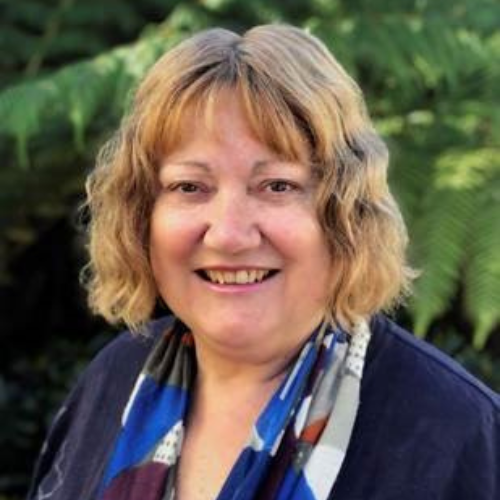
Associate Professor Cathy Andrew
Executive Dean, Health | Director of Nursing | University of Canterbury
Cathy Andrews' nursing practice background is ICU and mental health. She has many years of experience in nursing and health educational leadership and management. Her research includes numerous collaborative projects between education and practice including curriculum development, evaluation and innovation in educational delivery.
Cathy's career has spanned New Zealand, Australia, the UK and the South Pacific. She has served on advisory groups, panels and committees for groups such as Health Quality and Safety, Nursing Council of NZ, Vanuatu Qualifications Authority, NZ Qualifications Authority and the National Nurse Leaders group.
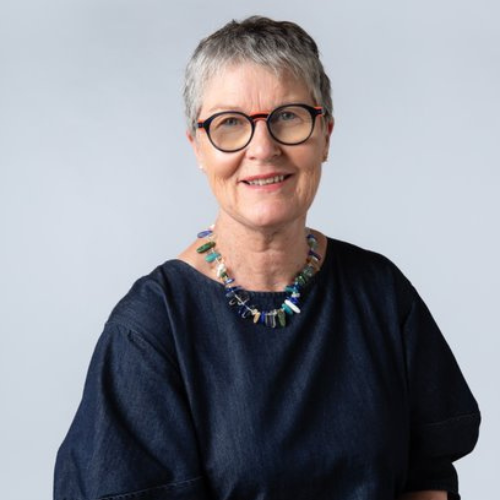
Dr Isabel Jamieson
Programme Coordinator | University of Canterbury
Isabel Jamieson, RN, is a senior lecturer, at the University of Canterbury (UC), Faculty of Health. She is the coordinator of the Master of Health Sciences (Nursing) and Doctor of Health Sciences programmes. Her areas of research include the healthcare workforce, nursing students' readiness to practice, the graduate nurse experience, and career change. Her clinical background was perioperative nursing (operating theatre). Isabel has a passion for nursing and supporting students to succeed.
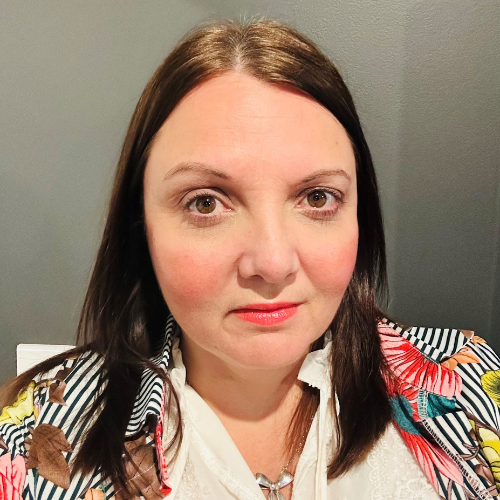
Dr Kylie Short
Senior Lecturer Above the Bar | University of Canterbury
Kylie Short has 25 years of experience in nursing practice and education. She is a senior nursing lecturer at the University of Canterbury (UC). Kylie’s extensive clinical background includes practice spanning intensive care nursing, particularly in cardiothoracic ICU, acute medical admissions, and general post-operative care. Her teaching specialties lie in postgraduate education, with a focus on health assessment and acute care management.
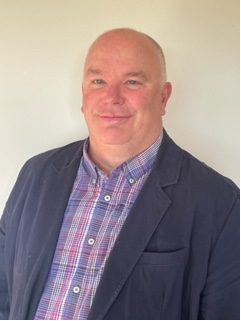
Craig Lynch
Senior Lecturer | University of Canterbury
Craig Lynch has a background as a nurse in intellectual disabilities and mental health. His research interests are in neurodiversity, mental health, and strengths-based interventions. He currently practices as a nurse consultant, as well as a senior lecturer.
Craig has many years of experience in forensic health, intellectual disability services and mental health education. His interest is in ADHD, ASD, personality disorders, schizophrenia, and therapeutic interventions. Craig's career has spanned New Zealand and the UK (where he is a Fellow of the Higher Education Academy). He serves on the Asian Community Transformation Trust as a Board Member in Christchurch.
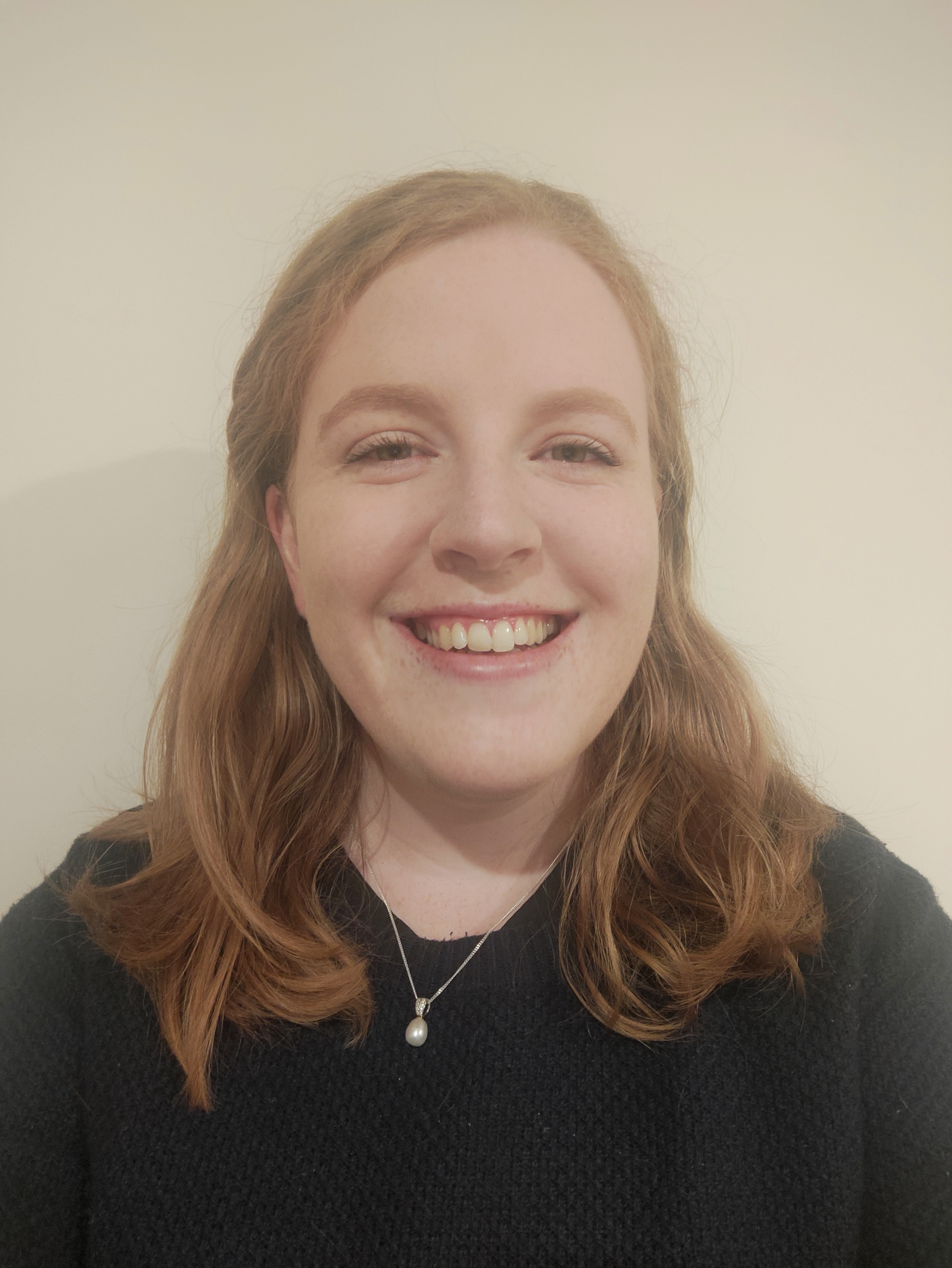
Olivia Rogers
Nursing Clinical Coordinator and Senior Clinical Educator | University of Canterbury
Olivia Rogers is a graduate of the University of Canterbury’s pre-registration nursing programme and has specialised in acute care, with clinical expertise in general surgery, trauma, emergency, and intensive care nursing. Her primary teaching areas include clinical skills, simulation, pathophysiology, pharmacology, health assessment of, and care planning for adults living with acute and/or chronic conditions. Olivia is committed to fostering critical thinking and supporting students in developing the skills needed to prioritise wellbeing and build resilience within complex, dynamic healthcare settings.
Olivia splits her time between working clinically in the Intensive Care Unit at Christchurch Hospital, and working in nursing education at the University of Canterbury. Her key teaching areas are health assessment and clinical reasoning, pathophysiology, and nursing care for people living with acute and chronic conditions. Olivia is passionate about nursing education and helping students develop skills and attributes that prioritise their wellbeing and resiliency in complex acute healthcare environments.
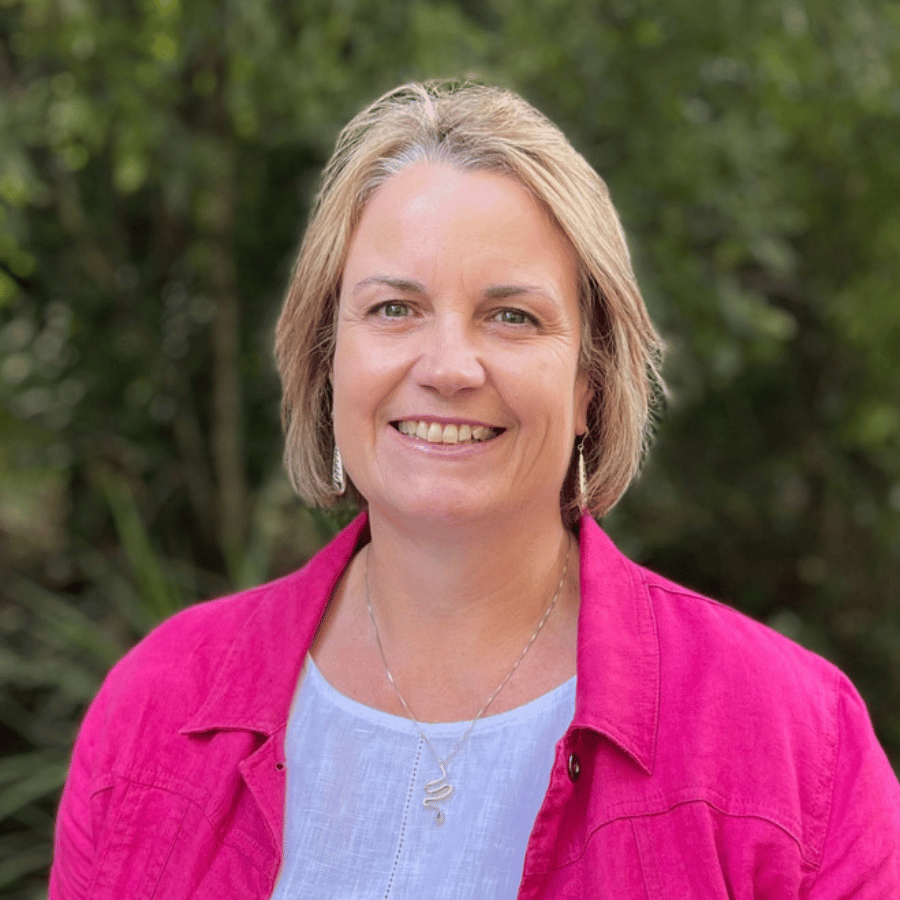
Desma Christie
Nursing Clinical Coordinator and Senior Clinical Educator | University of Canterbury
Desma is a Senior Clinical Educator at Te Whare Wānanga o Waitaha | University of Canterbury. She has over 32 years' clinical and education experience as a registered nurse.
Desma has a background in acute neuro nursing and has been teaching science based subjects such physiology and pharmacology for undergraduate and postgraduate nursing education for the past 15 years.
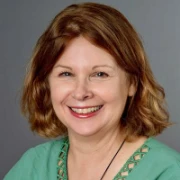
Dr Wendy Maddocks
Senior Lecturer | University of Canterbury
Wendy is a Senior Lecturer at the School of Health Sciences at Te Whare Wānanga o Waitaha | University of Canterbury. She has been involved in nursing education for more than 25 years across a range of programmes and providers.
Her clinical experiences have been critical, emergency care, and primary care both in Aotearoa New Zealand and the UK. She has a strong interest in integrative health care, contributing to an international scientific research group in this area.
Stay updated
If you’re keen to know more, stay updated on when enrolments open or ask a question, please sign up for updates below.
Cap & minimum enrolment threshold: a minimum number of learners is needed for effective interaction and feedback, while a maximum cap of learners ensures high quality learning and support. If the minimum number of enrolments required for a course isn’t met, or the maximum cap is exceeded, learners will be given the option to defer their study or receive a refund.
FAQ
Whether you need advice finding the right course for you or support with the enrolment process, we’re here to help! Contact enrolment support for course information, technical help and enrolment support.
The Tuihono UC | UC Online Master of Health Sciences (Nursing) degree is a two-year full-time programme designed to develop advanced knowledge, skills and competencies to apply to become a registered nurse through Te Kaunihera Tapuhi o Aotearoa | Nursing Council of New Zealand.
Bringing together the latest industry-informed learning applicable to your life and career, the UC Online Master of Health Sciences (Nursing) gives you the same quality education as other university programmes with the flexibility of online learning.
This includes 24/7 access, academic advice and technical support, giving you the support to study at your pace.
Learn more about how this flexible degree works and what your study journey might look like.
Graduates can apply to the Te Kaunihera Tapuhi o Aotearoa | Nursing Council of New Zealand to sit the State Examination and become a registered nurse. This enables work as a registered nurse in health and social care, as well as community, residential or aged care.
New Zealand registered nurses are in demand overseas and graduates will be able to transfer their registration to Australia and the UK among other countries.
Find out more here.
The overall cost of tuition fees per 30-point course based on the 2026 fee schedule:
- for domestic learners is $2,676* incl GST
- for international learners is $11,325* plus GST if applicable.
Total programme investment for the 240-point programme based on the 2026 fee schedule:
- for domestic learners is $21,408* incl GST
- for international learners is $90,600* plus GST if applicable.
*Please note that the fees are charged on a per year basis and the amount charged reflects the number of courses/points enrolled in the current year. These are based on the 2026 fee structure and subject to revision – you can learn more about the University of Canterbury’s Tuition fee structure here.
Student Services Levy costs
Each year university students around Aotearoa New Zealand are charged a Student Services Levy (SSL) in addition to their tuition fees. All the SSL money collected can only be used for the benefit of students - never for academic or administrative costs.
The SSL is automatically calculated on how many points you enrol in per academic year, capped at a maximum of 150 points. UC Online learners are charged a reduced SSL rate, which is 20% of the usual on-campus student levy. This is calculated as $2.06 per academic point in 2026. You can learn more about the Student Services Levy here, and more about UC Support Services here.
The programme can be completed in two years of full-time study.
Studying online allows for flexibility in completing coursework, and Tuihono UC’s programme provides learners with the same quality education and resources as other university programmes.
Note that this programme also requires two weeks of in-person intensives on campus at University of Canterbury per semester, and clinical practice elements.
The programme is delivered with a majority of coursework online, using a range of technologies including video conferencing, online discussion forums, and interactive learning experiences.
There are some intensive study blocks where learning will be onsite at the University of Canterbury campus for two weeks per semester.
Each course has clinical learning experiences associated with the course. Attendance in clinical practice elements is compulsory and learners must successfully complete the clinical course requirements in order to progress in the programme.
Learn more about how this flexible degree works and what your study journey might look like.
As part of the MHealSci, our students are required to complete a series of clinical placements with industry providers. These placements encompass various areas of practice, including but not limited to continuing care, mental health, complex conditions, and community and whanau settings. Placements are organised in intensive blocks, ranging from 4 to 13 weeks, and typically involve 2 to 5 days per week. Students will be expected to work across a range of nursing shifts from Monday to Sunday, including morning, afternoon, evening, and night shifts, depending on the requirements of each placement.
While we will make every effort to arrange clinical placements within our learners' region of enrolment, there may be instances where suitable placements are not available locally. In such cases, students may be required to complete placements outside their region to ensure a comprehensive clinical experience.
Learners have access to the same support services as on-campus students, including academic advising, technical support, and library resources. There are also great resources for both Canterbury based and remote learners at the UC RecCentre. Learn more here.
Learners also have the support of our Tuihono UC Learner Experience team.
There are a range of options you can use to finance your study, which you can learn more about here.
Applications are made online through our Tuihono UC | UC Online website – view open enrolments and/or expressions of interest for when enrolments open.
There are some intensive study blocks where learning will be synchronous. Learners are expected to be present and participate in the online learning and the intensive study blocks, as well as all clinical practice elements.
Learn more about how this flexible degree works and what your study journey might look like.
This degree equips you with all the competencies you need to apply for registration with the Aotearoa New Zealand Nursing Council, in two years. Graduates must apply to the Nursing Council and sit the State Final Examination (additional fee) before being registered as a nurse.
The Master of Health Sciences (Nursing) is a standalone professionally relevant qualification.
If you complete the requirements for the Master of Health Sciences (Nursing), and have completed 30-60 points of independent research and with a B Grade Point Average or better, you may apply to the Amo Rangahau | Dean of Postgraduate Research for admission to the PhD programme. For more information, please contact the UC Graduate School.


